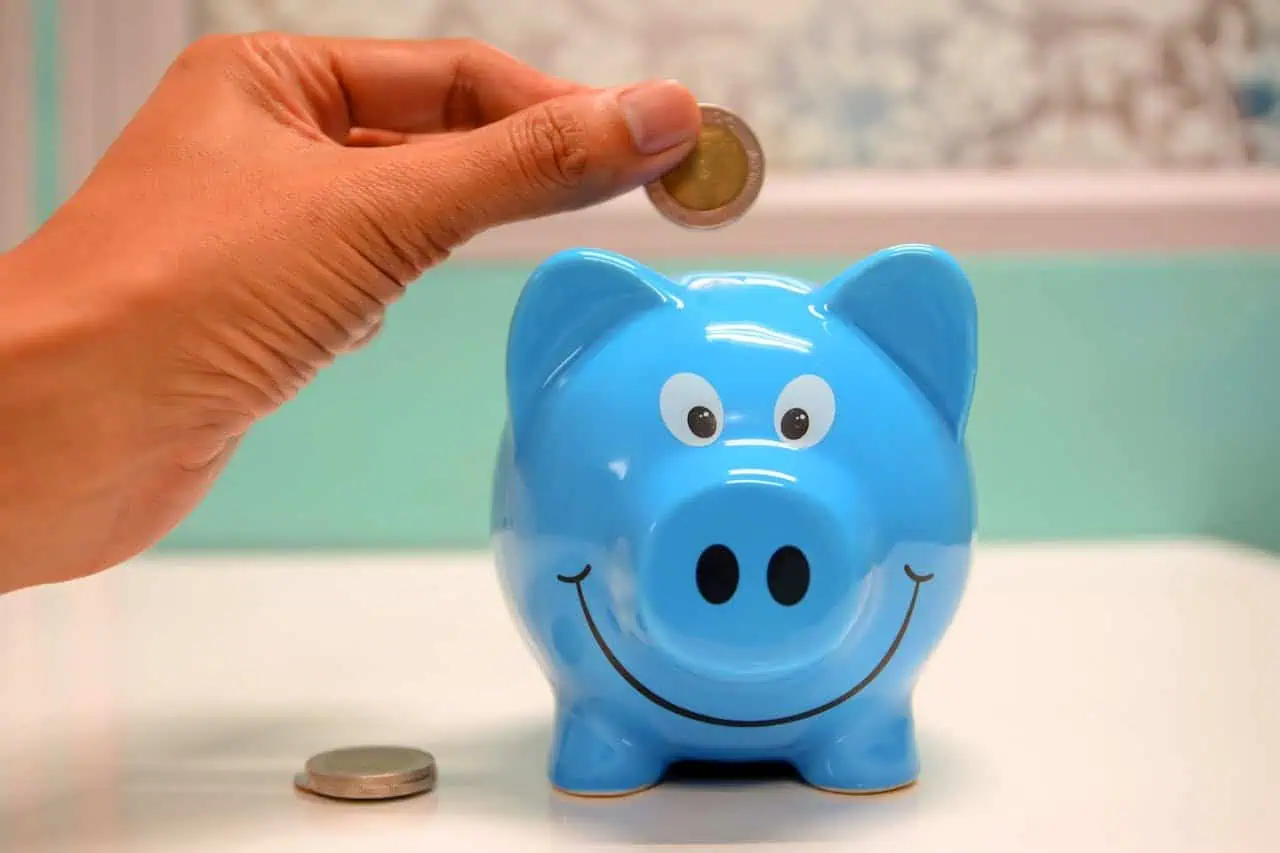Do you have some money to spare? If so, congratulations! You are in a position to do some really smart things with it. This blog post will discuss six things that you can do to make your money work for you. It will also provide tips on how to save and invest your money for the future. So whether you are looking to purchase a new home or just want to make sure that your money is working hard for you, read on for some great advice!
1) Save For Retirement
It is never too early to start saving for your retirement. If you start early then your savings will benefit from the multiplier effect and you are much more likely to face a secure old age with a good quality of life.
It’s also never too late to start putting funds away in your retirement account. With changes brought in during the Cameron government, you can now withdraw your pension savings any time after the age of 55. Everything you put in is tax-free, and the first 25% you withdraw is also tax-free, so a pension account is now not only an old age fund, but it’s also one of the best savings vehicles for anyone who’s middle-aged or older.
If you work for a company, then your employer must by law have a company pension scheme. You can usually ask for the payments to be made into your own private scheme and you can also generally make additional payments if you like.
Do your research thoroughly if you need to set up your own pension scheme. There are a wide variety of schemes out there to suit all levels of risk and values, from the government-backed Nest scheme to ethical pensions schemes or those that specialise in higher-risk innovation investment. There are also niche investments, including precious metals; again do your research and find the best precious metals IRA company or renewable energy fund that can help you set up and maintain your account. The things you need to consider are the fees, the storage options, and the minimum investment amount.
2) Save For A Rainy Day
It is always a good idea to have some money saved up for unexpected expenses. You never know when you might need to pay for a car repair or a medical bill. A buffer fund will also give you the freedom to leave a difficult home life or work situation. Having an emergency fund can give you peace of mind and help you avoid going into debt if something unexpected comes up.
Open a separate savings account for your emergency fund. Ideally, it should be a little more difficult to access and withdraw funds, so that you only smash into it in a real emergency. You should aim for between 3 to 6 months living costs. When you have the emergency fund in place you can then think about other things to do with spare cash.
3) Invest In Yourself
One of the best investments you can make is in yourself. Whether it’s taking a class to learn new skills, investing in a gym membership to get healthy, or anything else that will improve your life, it’s worth spending money on. Not only will you benefit from it now, but it will also pay off in the long run.
4) Pay Off Debt
If you have debt, one of the smartest things you can do with your money is to pay it off as quickly as possible. The sooner you get rid of your debt, the less interest you will have to pay. Unnecessary interest payments are a huge waste of money.
However, some debt is worse than others. For example, experts advise that most people who take out student loans in the UK should not pay them off more quickly as they are effectively a graduate tax. There is also little point in paying interest-free loans off quickly. If you’re feeling confused then get proper debt or financial advice before sorting out your debts.
5) Buy A House
Over the long-term purchasing a house has proven to be a solid investment for most people. Not only does it provide you with somewhere to live, it also provides you with a financial asset. You’ll know that your money is working for you rather than being thrown away on rent.
If you are just starting to build a deposit to buy a house then check out the government’s Help to Buy ISA, which tops up your savings by an additional 25%.
These are just a few of the smart things you can do with your money if you have some to spare. Be sure to do your research and make the best decision for your individual situation. And remember, the sooner you start, the better!
Emily Newall is Health & Lifestyle Editor at Prowess.org.uk, where she commissions and writes evidence-based features on health, wellbeing and contemporary living.
She graduated with a First Class BA (Hons) in Politics and Sociology from the University of East Anglia. Her academic work explored social inequality, gender, public policy and the structural determinants of health — themes that continue to inform her journalism.
Emily’s editorial focus includes women’s health, mental wellbeing, workplace culture, lifestyle sustainability and the societal pressures shaping modern life. She approaches these topics through a research-led lens, analysing trends in the context of policy, culture and social change rather than treating lifestyle as purely individual choice.
As a well-travelled writer, she draws on international perspectives to compare health behaviours, cultural norms and approaches to wellbeing across different societies.
Her work aims to provide readers with informed, thoughtful and socially aware coverage rather than trend-driven commentary.

